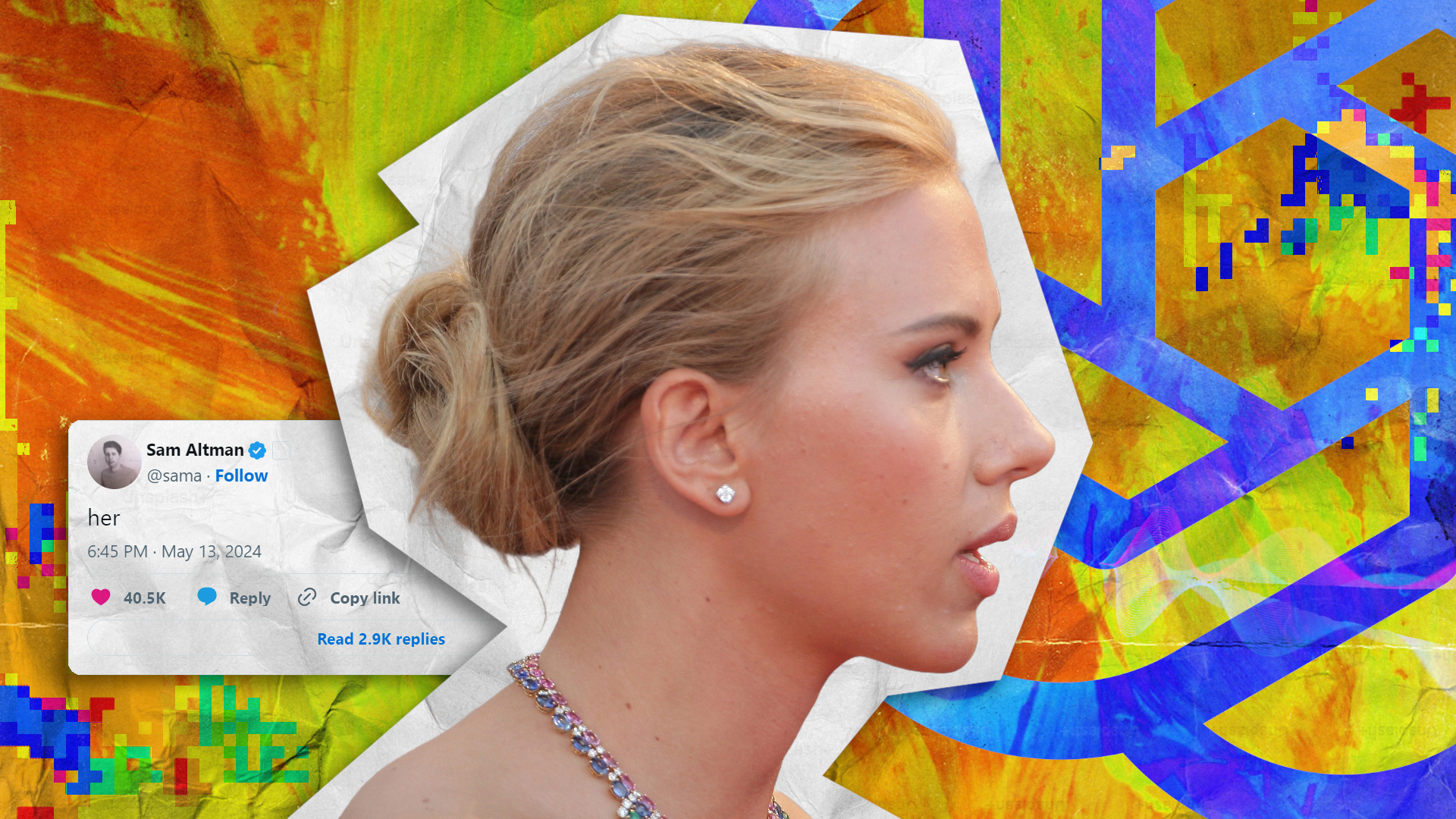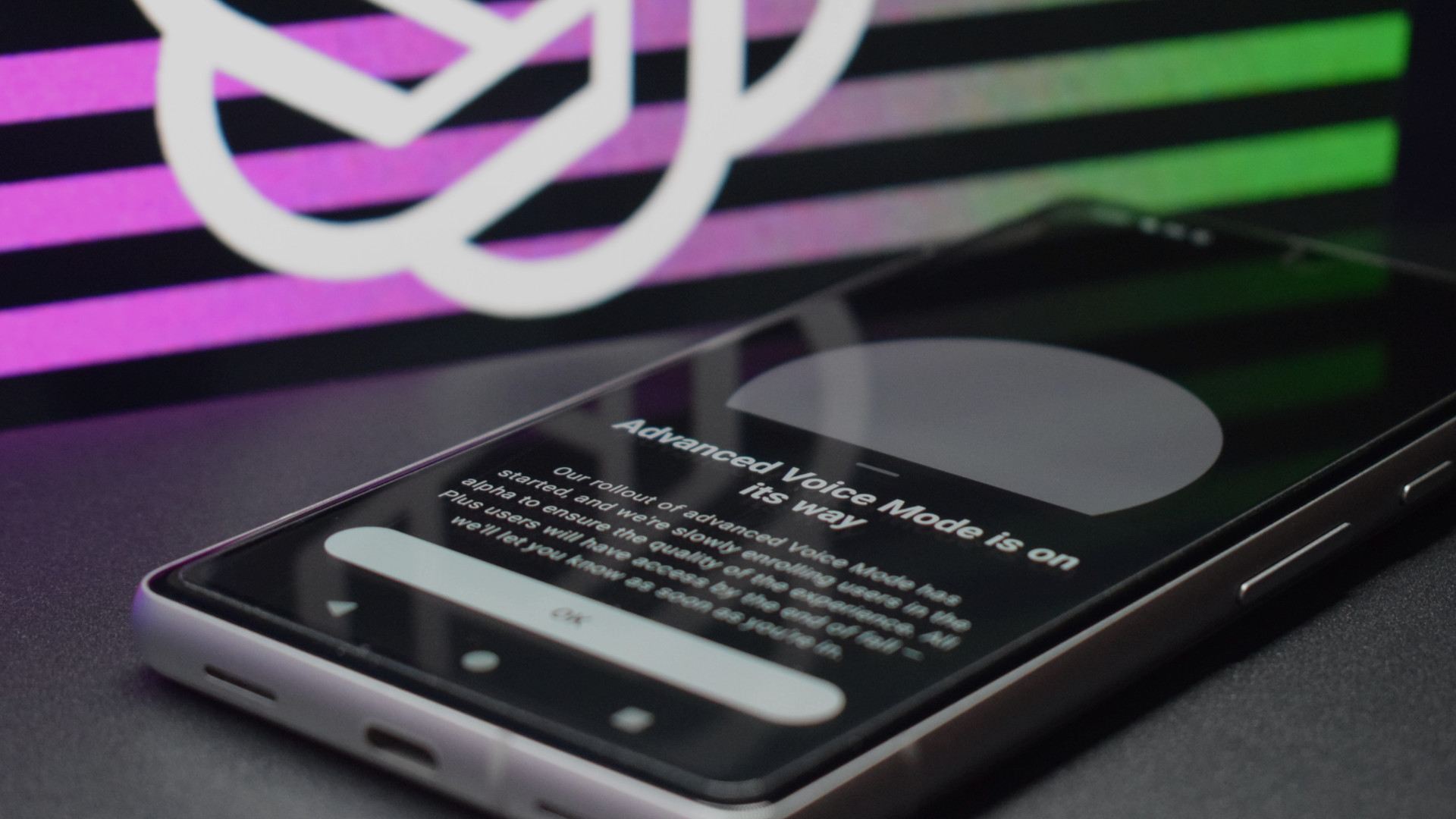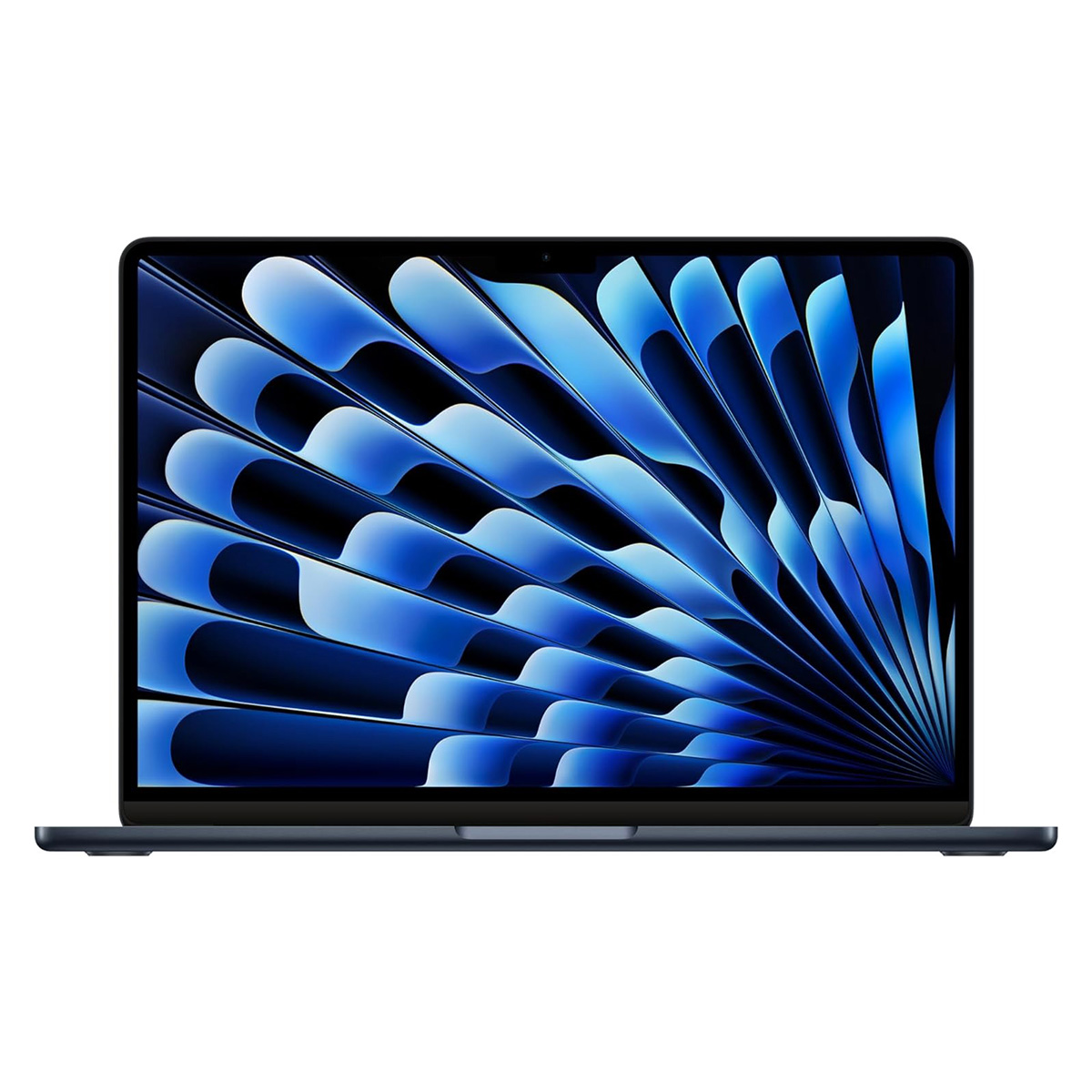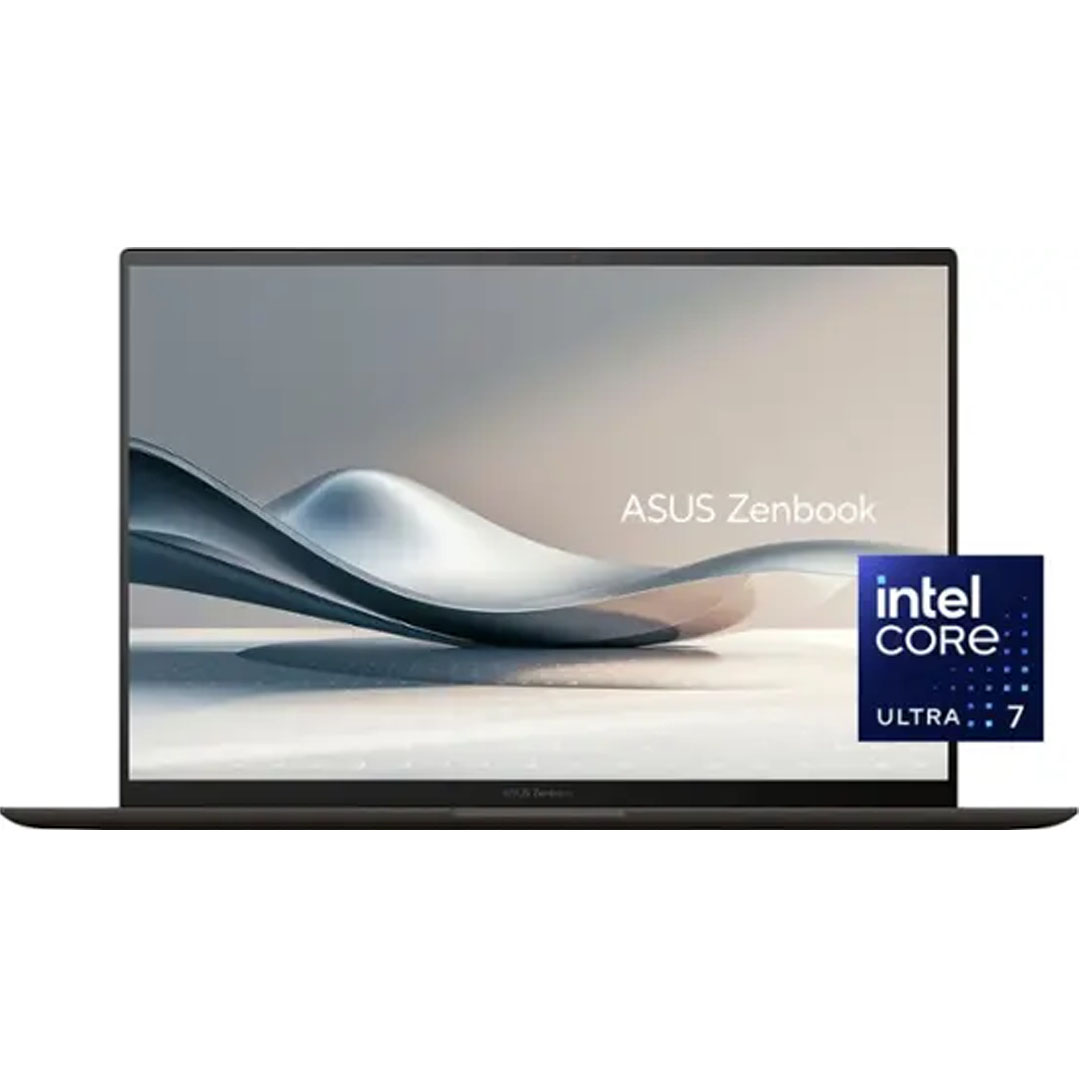
On May 13, 2024, OpenAI unveiled the most advanced version of its AI model yet: a multimodal upgrade complete with realistic human-like voices to pair with its human-like words. Within days of the model's announcement, one of those voices became a huge problem for OpenAI.
Watching OpenAI's demo of GPT-4o's new advanced voice mode, you'd be forgiven for thinking the AI was voiced by actress Scarlett Johansson.
This would explain why the Black Widow actress released a statement just days afterward clarifying that she did not agree to voice "Sky" and claiming OpenAI intentionally created a voice designed to replicate her own without her permission.
The situation was only worsened for OpenAI when CEO Sam Altman shared a post on X the same day as the GPT-4o demo, reading simply "her." The post was likely referencing the 2013 film Her, in which Scarlett Johansson voices an AI called Samantha, the main character's love interest.
This suspicious reference to Her, alongside Johansson's description of repeated pleas from OpenAI to use her voice (even after she refused), raised questions about who actually voiced "Sky" and pushed OpenAI to eventually remove the voice entirely.
As AI developers race to roll out the flashiest apps and chatbots possible, how far are they willing to go to get a celebrity behind their AI?
Meta AI, brought to you by John Cena: Celebrity AI voices explode in 2024
Johansson's accusations against OpenAI may have made "Sky" the most newsworthy AI voice of the year, but it was far from the only one. Now that the leading AI developers, like OpenAI and Meta, have mastered human-like text generation, they're taking the natural next step forward: lifelike audio voices.
Many AI voices are generic, recorded by a working voice actor, and meant to sound like an average person. In other cases, developers try to attract more users by having celebrities voice their AI models. For example, the text-to-voice app Speechify includes Gwenyth Paltrow and Snoop Dogg among its officially sanctioned AI voices.
On September 25, 2024, Meta announced, "Meta AI now has a voice." More accurately, Meta AI had gained several. Users can now choose from a range of voices for Meta AI, including those of stars like John Cena, Awkwafina, Dame Judi Dench, Keegan Michael Key, and Kristen Bell.

Do celebrity AI voices move the needle?
Johansson turned down Open AI's offer multiple times and threatened to take legal action before the voice of "Sky" was finally removed from GPT-4o (although OpenAI has always claimed "Sky" was actually an anonymous voice actress who just happened to sound like Johansson).
Is getting a celebrity voice behind your AI model worth it, though? Maybe not as much as AI developers think.
For instance, one user on Reddit commented on Meta paying millions to have celebrities voice their AI, saying, "I don't really care about AIs having celebrity voices. Once AIs can do voice outputs I want them to be fully customizable, that alone would already cover all actually relevant use cases."
Another user pointed out the larger implications of Meta's celebrity AI voices: "This is literally a going out of business sale. The current stars get paid but pretty much guarantee that we won't have a future generation of stars."
Celebrities seem to be catching on, too. In October, Robert Downey Jr. threatened to sue any film studio that attempts to recreate his likeness with AI (even posthumously). Similarly, Hollywood's main actors' union went on strike last year to oppose the use of AI in film.
Perhaps the real voice of "Her" should be her own, an original voice created by and for AI.

If you're anything from an AI enthusiast to the average AI tinkerer (or simply seeking out some of the additional features offered through Windows Copilot+ PCs or Apple Intelligence on Macs), then you'll need a powerful and performative laptop to keep up to speed with your needs.
At Laptop Mag, we review laptops year-round to ensure we're giving you expert-backed and up-to-date recommendations on which notebook is right for you. When it comes to the best AI PC category, our top picks are the excellent Asus Zenbook S 14 (UX5406) for Windows users and the impressive Apple Macbook Air M3 for those running macOS.
So, if you're shopping for a new laptop and looking to invest in an AI PC (or just a great laptop in general), check out our current top-tier picks below.

We love the MacBook Air 13 M3. Starting at just $1,099 (MSRP), with education pricing dropping to $999 (MSRP), the Air is a laptop we can recommend for just about any purpose. It's affordable, especially by Apple standards, and it features an excellent keyboard, fantastic performance, and outstanding endurance (over 15 hours of battery life), which makes it a great laptop for just about anyone's needs, especially those interested in getting to grips with all of the latest Apple Intelligence features.

The Asus Zenbook S 14 (UX5406) has quickly become our favorite AI PC laptop of the year, offering all the hallmarks of a great buy, including exceptional performance and battery life. This laptop is one of the first to feature an Intel Core Ultra 200V series processor and at just $1,499 (MSRP), you get a fantastic balance of power, a stunning 14-inch OLED display, effortless multitasking, NPU-enhanced performance for AI tasks, and all of the additional Copilot+ features available with Windows 11.







